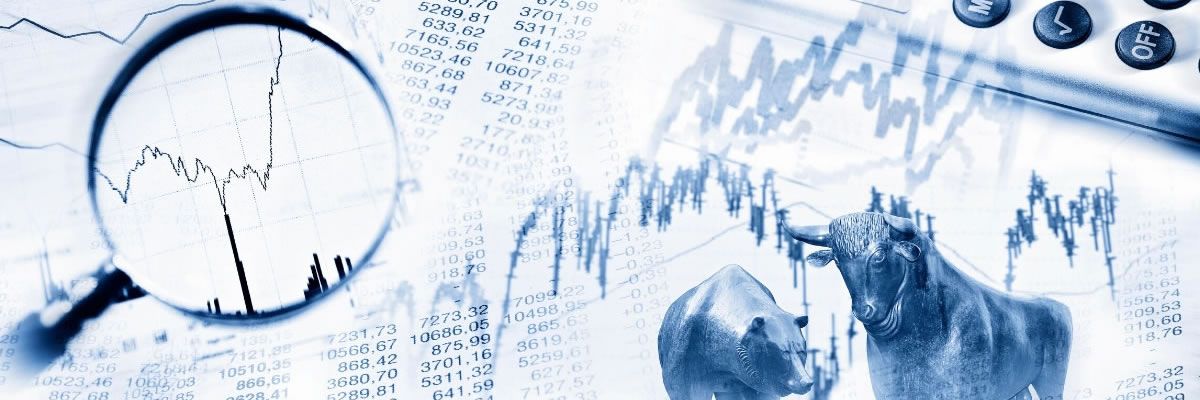
St. Columban, known for his mystical relationship with the natural world, is quoted as saying, "if you want to know the Creator, know Creation." Today, Columban missionaries carry this spirituality of care and respect for Creation as integral to our missionary identity and way of participating in God’s mission.
This has led Columbans to dedicate ourselves to education and advocacy nationally and internationally on key ecological issues like climate change, water, food, extractive industries, and biodiversity. Similarly, our grassroots projects in places like Chile, Pakistan, Philippines, Peru, and United States include sustainable farming, reforestation, renewable energy, access to water, and partnership with indigenous peoples. These projects offer local and global witness to our commitment to bringing the human and natural world into a relationship of healing and wholeness.
For nearly a century, Gospel values of solidarity with the economically poor and the wounded earth, dignity of all of God’s Creation, and dialogue with peoples of other religions and cultures has permeated Columban mission.
Since the late 1980s, and specifically from our 1988 General Assembly, Columbans began to articulate more specifically socially and environmentally responsible policies (SRI) that guide our investments. Our current SRI policy states:
"We believe our investment policy is an important dimension of our missionary charism which offers a Christian witness in the business community."
More recently, we see how the global climate crisis, a Columban priority, is creating permanent wounds both to the human and natural world. Our communities have suffered from unprecedented storms like Typhoon Haiyan in the Philippines and Cyclone Winston in Fiji. Not uncommon are intense earthquakes, floods, and tsunamis in places like Japan, Chile, New Zealand, Pakistan, Myanmar, and China. We see droughts in Australia and the United States that go on for years.
We know both through our missionary experience, and by what global climate scientists tell us, that our human dependence on fossil fuels is a significant cause of climate change and its devastating consequences. Faced with this reality, on October 4, 2016 (the feast of St. Francis of Assisi) in a joint announcement with catholic institutions around the world, Columbans pledged to take steps to divest from fossil fuels and move towards positive impact investing.
This decision aligns ever more closely our investment practices with our missionary vision, values, and witness. With this concrete step, we can demonstrate our commitment to care for and respect the earth, as well as be faithful stewards of the goods entrusted to us.
Divestment is the opposite of investment – it is the removal of investment capital from stocks, bonds, or funds. The global divest-invest movement is asking institutions to move their money out of oil, coal, and gas companies for both moral and financial reasons, and encouraging reinvestment of those resources in clean energy companies that will help solve the climate crisis while tackling energy poverty.
By the end of 2017, institutions totaling a value of approximately $5.2 trillion have divested from fossil funds. The institutions that have divested include the World Council of Churches, the Lutheran World Federation, the Norwegian Sovereign Wealth Fund, the Rockefeller Brothers Fund, and many academic institutions such as Stanford University and Oxford University.
Pope Francis, and his encyclical Laudato Si’, has been a significant source of inspiration and action on this issue for Columbans and the Catholic Church as a whole. Dedicated entirely to reimagining our relationship with the natural world, Pope Francis is clear and specific in Laudato Si’ as to what kind of actions we are called to take.
For example, he says that, "technology based on the use of highly polluting fossil fuels...needs to be progressively replaced without delay (#165) and that "a change in lifestyle could bring healthy pressure to bear of those who wield political, economic, and social power. This is what consumer movements accomplish by boycotting certain products (#206)."
For Columbans, these two statements offer leadership and practical guidance in our discernment process to choose divestment and positive impact investing as two key SRI strategies.
We are happy to partner with a growing movement of Catholic institutions such as universities, religious orders, missionary societies, and dioceses that are committing to divestment from fossil fuels and towards positive impact investing. We see this another way to offer our global solidarity and financial stewardship. The divestment movement is also an opportunity to work ecumenically and with interfaith partners who are also taking steps to move away from fossil fuels investments and towards positive impact investing.
Our most recent General Assembly in 2012 affirmed that:
Our commitment to communion and our solidarity with the poor and the exploited earth challenges us as individuals to personal lifestyle change. As a Society, we are called to use the resources entrusted to us for the life of the world.
We know that divestment from fossil fuels and an increase in positive impact investing will take years to implement to its fullest potential, but we are committed to and hopeful that with each step taken, we are participating in and contributing to the right relationships with all of God’s creation that we are called.
To learn more about the connection between faith and investing, please visit the Interfaith Center on Corporate Responsbility.
Editor's note: this article was adapted from a statement made in 2017
- Log in to post comments
 St. Columban Mission for Justice, Peace and Ecology
St. Columban Mission for Justice, Peace and Ecology